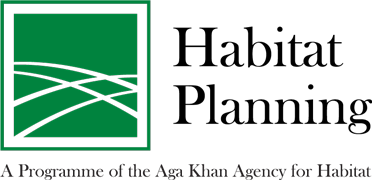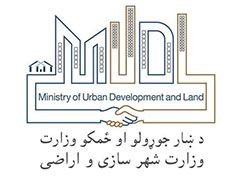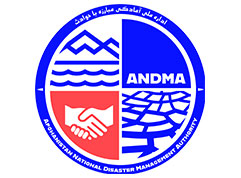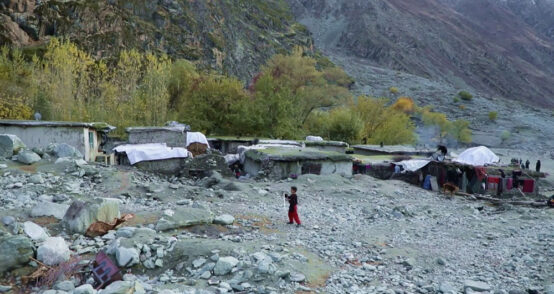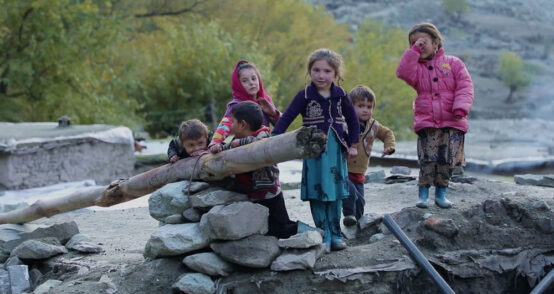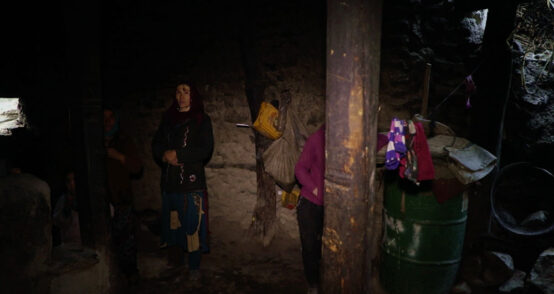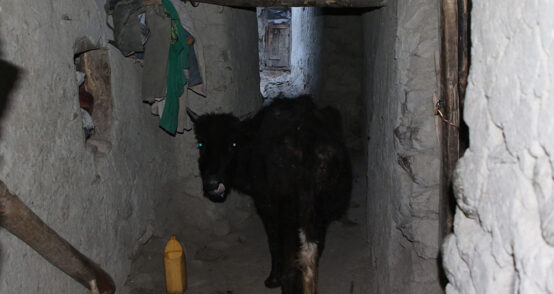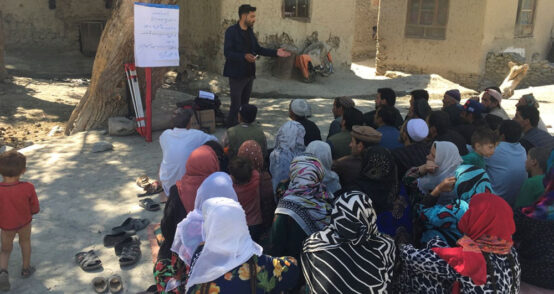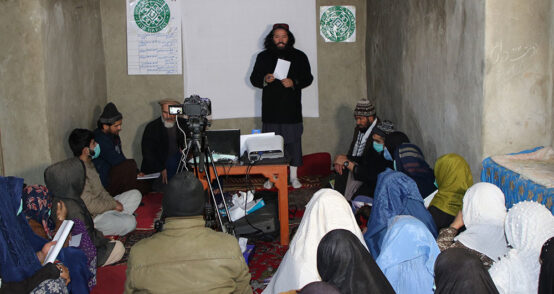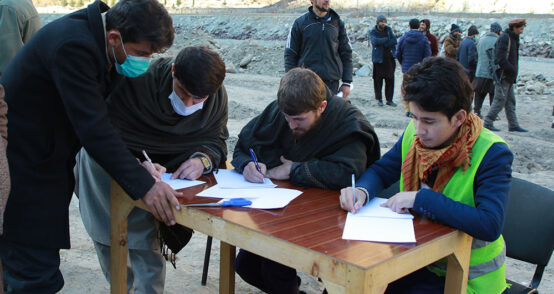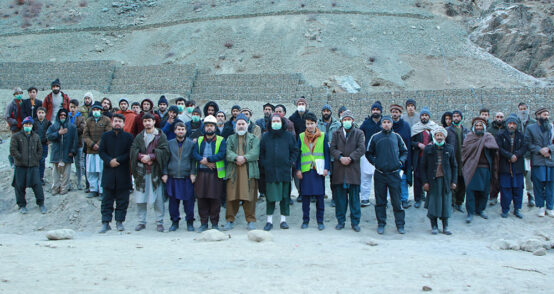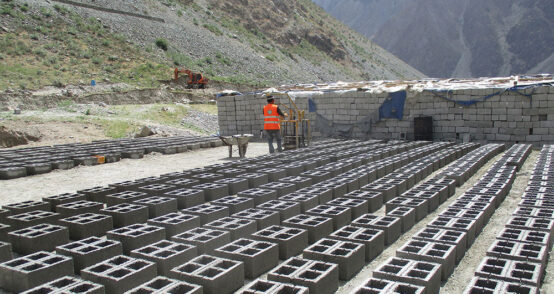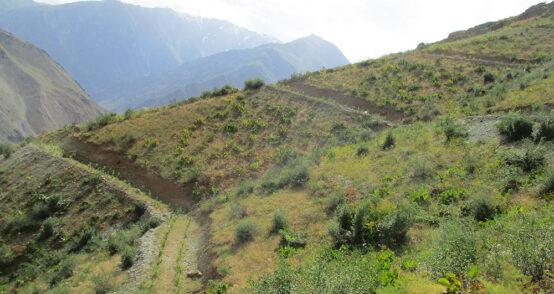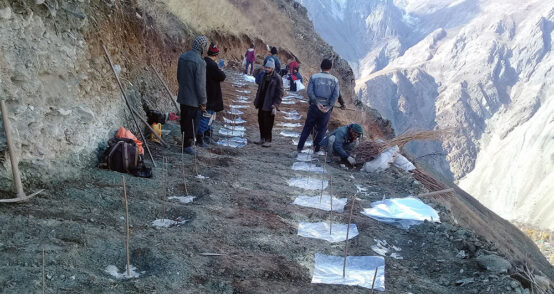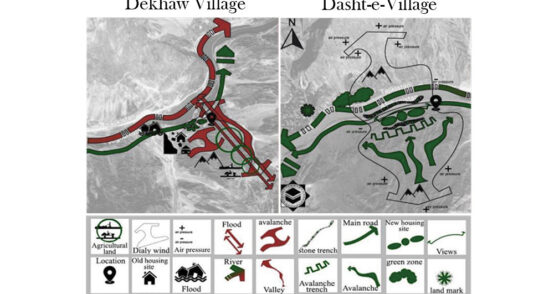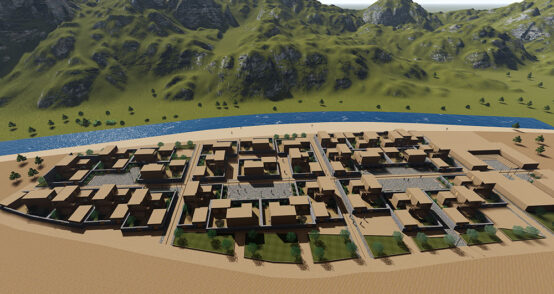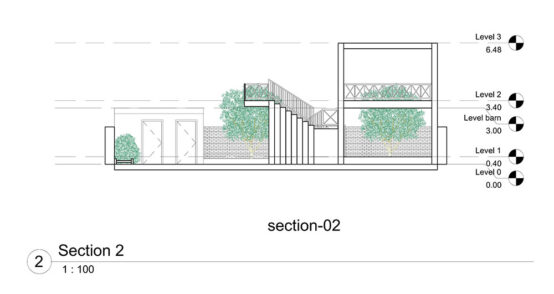The village of Dasht-e-Dehkhaw (herein referred to as Dehkhaw) was located on a large alluvial fan and adjacent smaller fluvial terraces of Badakhshan province. In July 2017, during an exceptional period of hot weather combined with heavy rainfall, the village was completely washed away by a massive debris flow with homes and community buildings destroyed beyond repair. The entire community had to evacuate their village and were hosted by their neighbouring community (Zingariyan Village) for the entire winter season of 2017.
After the floods subsided, AKAH carried out land-use hazard assessments which indicate that the original site of the village is extremely exposed to natural hazards for rebuilding. The initiative became a demand-driven voluntary relocation project. AKAH has been working with the community on a shared vision to resettle and rebuild a new village at a safer site, addressing the current and future needs of the villagers.
The project applies participatory and resilient habitat planning to create a liveable and safe place for rural life. In order to best maintain cultural autonomy, the entire village will be relocated through joint efforts by key stakeholders. The habitat planning process looks at current and future needs for the community for housing, essential services, and critical access routes to develop locally adapted spatial plans and designs.
